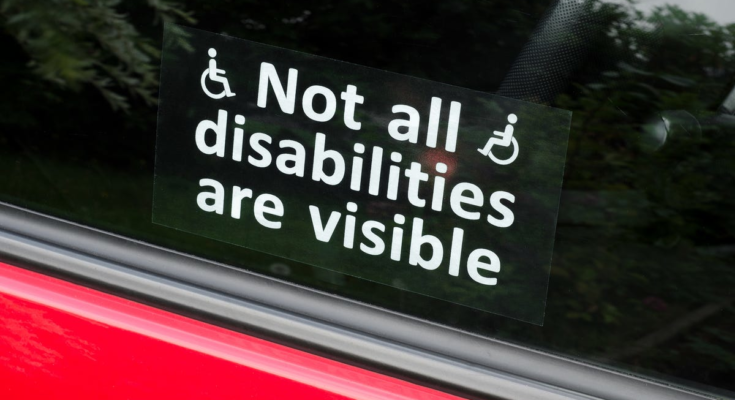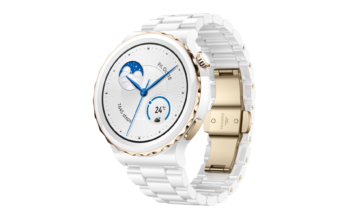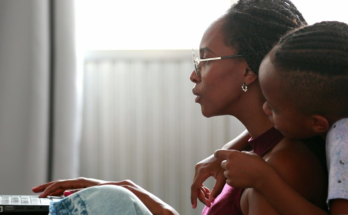
We might not realize it, but many of the words and phrases we use throughout the day can casually disparage others. Plenty of our idioms and common clichés of speech could accurately be described as ableist, or discriminatory against people with disabilities. Some of these phrases have become less common as more people become aware of their problematic origins (kids today aren’t nearly as fond of the “r-word” as they were a few decades ago, for example), but plenty of them we still use all the time.
Sixty-one million adults in the United States are currently living with disabilities, according to the CDC data. The sheer size of the population of disabled Americans probably means that you know someone who has one. (My brother, for example, has one leg.) Being ableist in our speech—unintentionally or not—is clearly something we should strive to avoid. It confirms unconscious bias and reinforces an unnecessary divide between people of different communities.
To that end, here are some common phrases and words that you should definitely scrub from your vocabulary, in the hopes they eventually disappear from the lexicon entirely.
“That’s so lame.”
It’s easy to lob the word “lame” at someone or something that has disappointed you. But the word is defined by Oxford Language Dictionaries as “(especially of an animal) unable to walk without difficulty as the result of an injury or illness affecting the leg or foot.” Using it to describe a person is insulting—yet for years it was commonly used in just that manner. So don’t use it today to signal your frustration that Best Buy sold out of PS5s.
“Don’t be such a spaz.”
You might recall this one from your days on the playground. Medically, according to the National Institute of Health, “spastic” is an outdated term related to a person’s uncontrolled physical movements, typically caused by damage to the spinal cord. In the UK, the word became a common insult on the level of the “r-word” in the U.S., while in the U..S. itself the word is a less loaded stand-in for “clumsy,” but either use is dehumanizing to those who experience the medical condition. So don’t use it to describe your dog’s weird behavior.
G/O Media may get a commission
“That’s crazy/insane/nuts.”
Calling someone crazy is fantastically dismissive, considering just how unaware we usually are of other people’s problems. As we wrote earlier this year: “More often than not, it’s a word pulled out to describe women, and often used by men. If a friend or coworker is acting in a way you find disagreeable or disruptive, find a precise way to talk to them about it. Don’t call them crazy.“ Also, don’t call them “nuts.” And don’t describe the line at Burger King as “insane.”
Crippled, just generally
The word “crippled” historically describes physical incapacitation due to an accident, a disability at birth, or another medical condition. You don’t have to reference a marginalized community to accurately describe another person (or thing, or system) experiencing a shortfall of one kind or another.
“He’s suffering from [insert medical condition].”
You might assume that someone with a disability is “suffering,” considering their life might be marked by different circumstances than your own. But people with disabilities don’t take such a pessimistic view of their lives, as the writer Erica Mones wrote for Pop Sugar earlier this year. “People often use ‘suffering’ to describe disabilities because they understand disability as a condition, something that only causes pain and suffering,” Mones wrote. “However, disabled people can live fulfilling lives just like anyone else.” In short, don’t define someone by their disability; that’s not your business.
“Falling on deaf ears”
This is one is particularly easy to avoid by speaking with great accuracy, as a failing to listen or an unwillingness to understand is nowhere near the same thing as not being able to hear at all. The person you’re describing isn’t deaf, so it’s probably best to avoid likening their aloofness to a community of one million people in the U.S.
“I spent all weekend cleaning, I’m so OCD.”
There are many other ways to describe someone’s fastidiousness or inclination to be clean and tidy without referencing this real personality disorder. To say that someone you know is “OCD” because they keep their desk more organized than yours is incredibly reductive.
Describing someone as “wheelchair-bound”
Though this phrase is often used without the intent to offend, like “suffering” above, using this phrase to describe someone who uses a wheelchair ends up defining the whole of a person by their disability, rather than recognizing it as simply a facet of their life. It’s good to understand that there’s so much more to a person than their physical abilities or limitations.
“You’re such a lunatic/maniac/psycho.”
Generally, when someone is getting on your nerves or acting out of proportion to a given situation, describing them with words often associated with marginalizing and othering people who are neuroatypical ain’t the way to go. These words “[capture] them in a snap shot as this dangerous, unpredictable, different soul,” Christopher Lane, a professor at Northwestern University, told the BBC. People with psychological conditions aren’t to be ostracized, which is exactly why you should avoid using such demonstrably hurtful words like “lunatic” or “psycho” to describe them—let alone to lob them at your friends in the middle of a fight.



